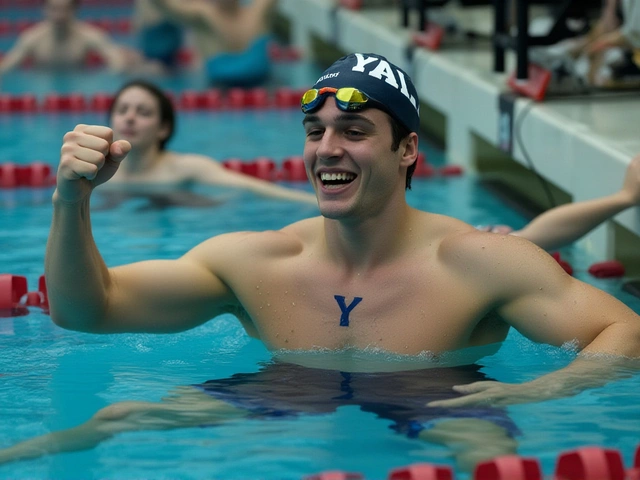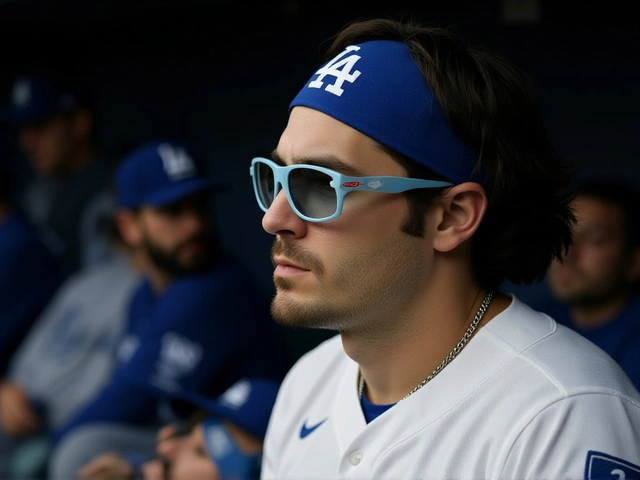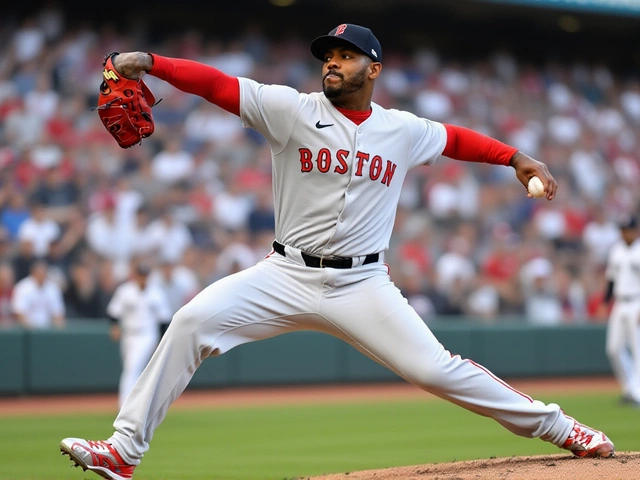On a rain-slicked Tuesday night in London, Chelsea Football Club didn’t just beat FC Barcelona — they dismantled them. The final score, 3-0, didn’t tell the full story. At Stamford Bridge on November 25, 2025, Chelsea delivered a performance that sent shockwaves through the 2025-26 UEFA Champions League — a match where patience, precision, and sheer willpower overwhelmed one of Europe’s most storied clubs. The goals came late — all three in the second half — but the foundation was laid long before the first whistle. And when Romelu Lukaku finally found the net in the 82nd minute, it wasn’t just a goal. It was redemption.
A Night of Breakthroughs
The first half was a chess match wrapped in tension. Barcelona, as expected, controlled possession — their passing triangles weaving through Chelsea’s high press like a surgeon’s scalpel. But Chelsea’s defense, anchored by Levi Colwill and Axel Disasi, refused to buckle. They didn’t just defend — they intercepted, they timed tackles, they turned defense into launchpad. At the 31st minute, the breakthrough came. A set piece. A flick-on. And then — Kundai Ndoro, the 22-year-old Zimbabwean forward, ghosted into space like smoke. No one marked him. No one saw him coming. The ball looped over the wall, kissed the crossbar, and dropped. 1-0. The crowd erupted. Barcelona’s backline looked confused. How did he get that open? The second goal arrived like a thunderclap. At 67 minutes, Estêvão Willian — the 21-year-old Brazilian winger known in highlights as "Go Esteo" — cut inside from the left, danced past two defenders, and unleashed a shot so pure, so powerful, that Marc-André ter Stegen didn’t even flinch. It was a goal that didn’t just beat the keeper — it broke Barcelona’s spirit. The sideline erupted. Enzo Maresca, Chelsea’s 54-year-old Italian manager, sprinted down the touchline, arms wide, screaming like a man who’d just won the lottery. The CBS Sports commentators summed it up: "Maresca goes crazy. And rightly so." Then, at 82 minutes, came the moment everyone had been waiting for. Romelu Lukaku, the 32-year-old Belgian striker, had gone 300 minutes without a goal this season. Critics called him past his prime. Fans wondered if he’d ever find his rhythm in the Premier League again. Then, a long ball from Enzo Fernández, a header from Nicolas Jackson, and Lukaku — just like old times — rose above two defenders like a mountain. One touch. One finish. The net rippled. The stadium roared. "It’s been a long way," said the CBS transcript. "Over 300 minutes of football." And now, it was worth every second.The Turning Point: Araújo’s Red Card
The match’s defining moment didn’t come with a goal — it came with a yellow card. At the 55th minute, Ronald Araújo, Barcelona’s 26-year-old Uruguayan center-back, lunged late on Pedro Neto. No malice. Just desperation. But it was his second yellow. The referee didn’t hesitate. The Camp Nou faithful had seen this before — but never at Stamford Bridge. Barcelona, already struggling to break through, now had to play 35 minutes with 10 men. The momentum shifted irrevocably. The visitors stopped attacking. They started surviving. And Chelsea? They smelled blood.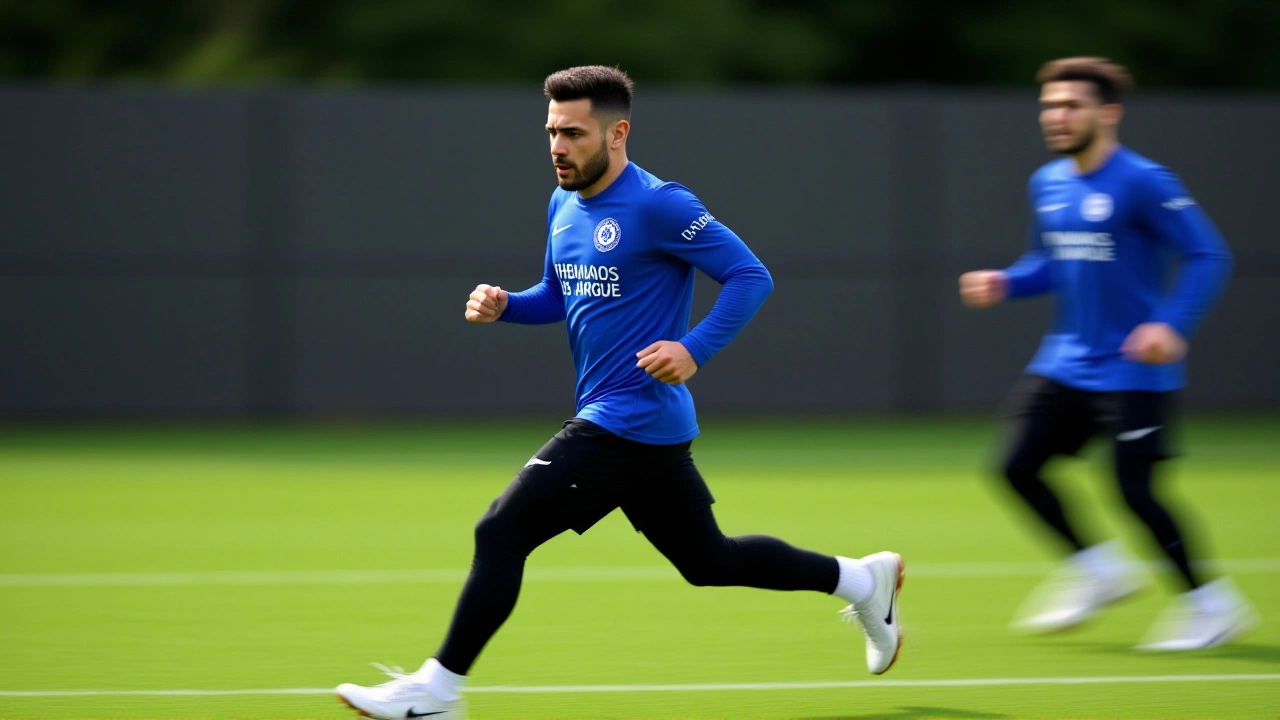
Managerial Reactions: Pride and Pain
Post-match, Enzo Maresca stood with a quiet confidence. "This was a complete team performance," he said at 10:45 PM GMT. "We knew Barcelona would come with their style, but we pressed intelligently and took our chances when they came. The fact we kept a clean sheet against such a quality side shows our defensive organization." His words weren’t boastful — they were factual. Chelsea didn’t just win. They outworked, outthought, and outlasted a team that had beaten them in the Champions League final just two seasons ago. For Hansi Flick, the 59-year-old German manager of Barcelona, there was no hiding the disappointment. "We made critical mistakes today," he admitted. "Playing with 10 men against a team like Chelsea at Stamford Bridge is extremely difficult. We need to analyze what went wrong and improve immediately." His tone was resigned. Not angry. Just tired. This wasn’t just a loss. It was a warning sign.What This Means for the Group Race
The result sent Chelsea to 10 points in Group A of the 2025-26 UEFA Champions League, leapfrogging Barcelona, who remained stuck at 8. With two matches left, Chelsea now hold the upper hand in the race for top spot. A win against FC Porto on December 11 at Estádio do Dragão would all but seal their passage to the knockout rounds. Barcelona, meanwhile, must now beat AS Monaco at Camp Nou and hope for a slip-up from Chelsea — a tall order after this performance. This was also Barcelona’s first defeat against a top-four Premier League side since May 2023 — a sobering statistic for a club that once ruled Europe. The generational shift is no longer theoretical. Chelsea’s young core — Colwill, Disasi, Estêvão, Kundai — are no longer prospects. They’re players who can win big games. And Lukaku? He’s not just back. He’s dangerous again.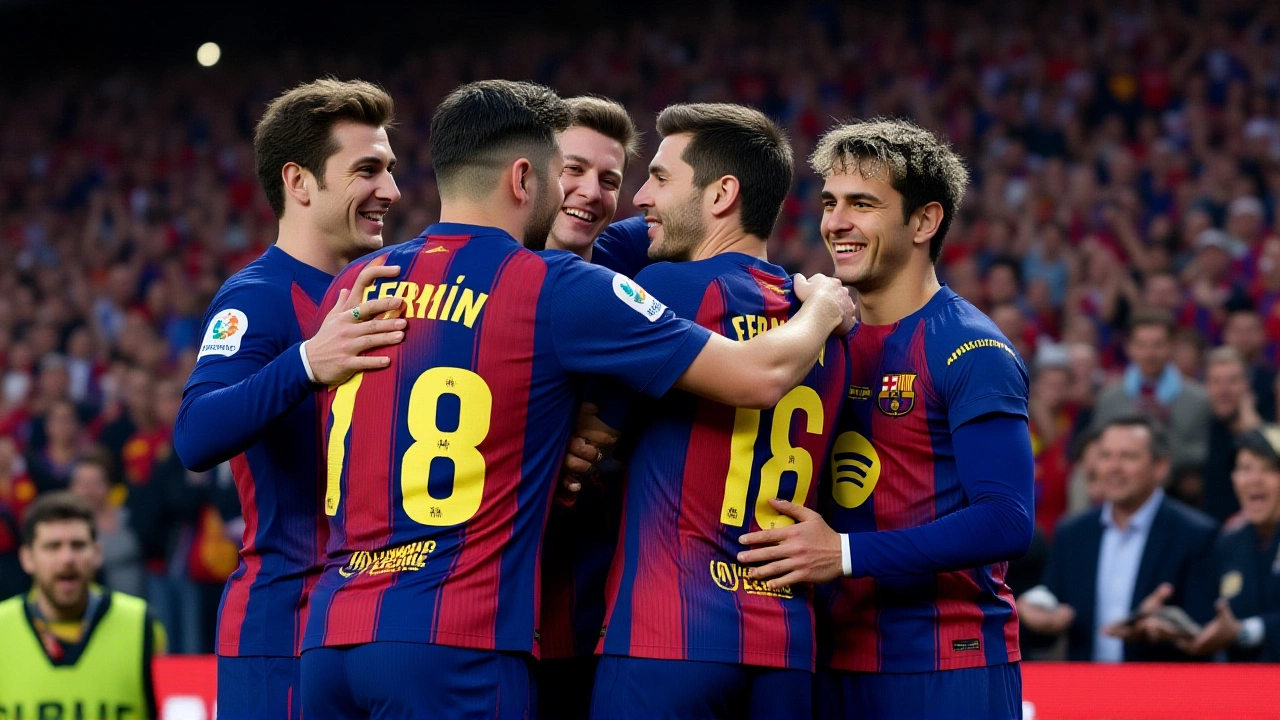
The Road Ahead
The next two weeks will define both clubs’ Champions League campaigns. For Chelsea, it’s about consistency. Can they replicate this intensity against Porto? Can they keep their defensive discipline? For Barcelona, it’s about soul-searching. Can they rediscover their attacking rhythm without Araújo? Can their midfield, so often the heartbeat of their play, survive without control? One thing is clear: Stamford Bridge isn’t just a stadium anymore. It’s a statement. And on November 25, 2025, Chelsea didn’t just win a game. They announced themselves as serious contenders.Frequently Asked Questions
How did Chelsea’s defense manage to shut down Barcelona’s attack?
Chelsea’s backline, led by Colwill and Disasi, used a compact 4-2-3-1 shape to cut off passing lanes to Barcelona’s midfield trio of De Jong, Pedri, and Gavi. They didn’t press high aggressively — instead, they waited, forced errors, and used quick transitions. The clean sheet was their first against Barcelona in six meetings since 2021, and it was built on disciplined positioning, not luck.
Why was Romelu Lukaku’s goal so significant?
Lukaku had gone 300 minutes without a goal in all competitions this season, sparking debate about his fitness and role at Chelsea. His 82nd-minute strike wasn’t just his first of the campaign — it was his first Champions League goal since April 2023. The goal came from a classic striker’s instinct: timing, positioning, and composure under pressure. It silenced critics and could reignite his confidence for the rest of the season.
What impact did Ronald Araújo’s red card have on the match?
Araújo’s dismissal at the 55th minute forced Barcelona into a defensive shell, abandoning their usual attacking structure. With only 10 men, they couldn’t maintain possession pressure, and Chelsea exploited the space behind their full-backs. The red card didn’t cause the loss — but it removed Barcelona’s last realistic chance to equalize, turning a tight game into a rout.
Who were the standout players for Chelsea?
Beyond the goalscorers, Enzo Fernández dictated tempo with 92% pass accuracy, while Moisés Caicedo broke up 11 Barcelona attacks. Defender Levi Colwill made 7 clearances and 4 interceptions — the most on the pitch. Even Cole Palmer, who didn’t score, created two key chances and drew two fouls. This was a collective effort.
What does this result mean for Chelsea’s title chances?
With 10 points, Chelsea now lead Group A and are in pole position to top the group — a rare achievement for a Premier League club outside the "Big Six" in recent years. A win over Porto would guarantee top spot and avoid a tougher knockout draw. This win proves they can compete with Europe’s elite. If they maintain this form, they’re no longer just participants — they’re serious contenders.
Can Barcelona recover from this loss?
They still can — but only if they fix their defensive lapses and rediscover their midfield cohesion. Losing to Chelsea at home is one thing. Losing at Stamford Bridge, especially with 10 men, is a red flag. Their next match against Monaco is crucial. If they don’t win by at least two goals and concede again, their chances of advancing as group winners vanish. Flick’s squad needs a mental reset — and fast.



